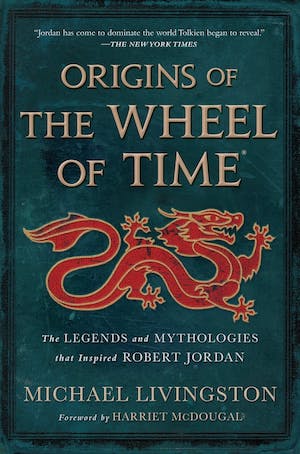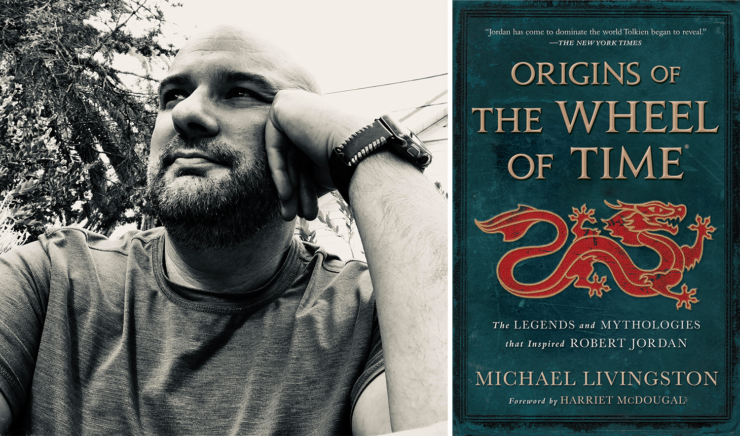I don’t know how other authors feel when they finish a book. But, having written quite a few now, I can tell you how it usually goes for me.
First, I let out a long sigh of relief. It’s a lot of work to write a book, and it’s nice to have that work done. The same with any big project, really. Lots of work, lots of pressure, and then—big sigh—it’s finished. I don’t throw myself a party or anything. I don’t pat myself on the back. I just hit “send” on that last thing and then, Ah, whew.
Next, I enter a recovery period. Nerves are frayed from the final push. Fingertips are drummed to red. Diet and daily schedules have been sub-obtimal for a civilized human being. The synapses of the mind are crispy fried from focusing fretful day and fitful night on The Book. It takes awhile to let it all go.
At some point in this recovery period—sometimes sooner, sometimes later—the next book project whispers its presence. I try to ignore it at first, but there’s only so much time I can buy before it starts banging on the door, begging to be let in. It’s like a guest showing up in the morning, hours early to a party that night. You’re still wandering around your house, a little hungover, trying to clean up from the party the night before—you just got that last person to leave!—and now here’s this new person arrived way too damn early, and they insist on coming in and…
Well—insert another big sigh here—I always open the door. I let the new guest in, get to know them, and then I start the whole bender of writing a book all over again.
Dozens of books under my belt. It’s ever the same.
Except this time, it isn’t.
I finished Origins of The Wheel of Time quite a while ago and, quite frankly, it hasn’t left the house.
Buy the Book


Origins of the The Wheel of Time
I’m not mad or anything. I’ve loved writing this book so much that, if I’m being honest with myself, I might’ve locked the doors and hid the key. I might be refusing to let it leave.
It’s not that I didn’t love my other books. I did. I do. The Shards of Heaven series is awesome. So is the Seaborn Cycle I’m working on these days. I’m enormously proud of my popular history of the Battle of Crécy that came out this summer. So much fun to write. And all the others, too!
The difference, though, is that in none of these other cases did the end of the party really feel like The End. Bleary eyed and worn out, I opened the door and sent them on their way … but they’re always welcome to come back. If we made more discoveries, I can write another book on Crécy. If enough readers clamored for it, I could start writing another Shards book tomorrow.
But Origins isn’t like these other things.
If you read the letter that I wrote to accompany the book announcement, you’ll know that I have loved The Wheel of Time from my childhood. But if I told you that the opportunity to write Origins of The Wheel of Time was a dream come true, I’d be lying—because I could never have dreamed it.
The Wheel of Time may have been a part of my life, but it was always something that came from outside of me. I receive it, I absorbed it, but I couldn’t possibly have imagined playing a part in the course of its making. Not even tangentially.
Now, obviously, writing Origins is not nearly the equivalent of what Brandon Sanderson did in completing the series after Jordan’s passing. But this book will still be, even in its smaller way, a part of this thing I long loved. Being asked to write it was like an unexpected strike of lightning from an unclouded sky—just without any of the negative consequences! It was a miracle and a grace, an honor and a privilege.
Even with the book finished, it’s still fairly incomprehensible to me that it even exists.
Harriet and the Estate gave me full access to Jordan’s papers. His notes. His doodles. His drafts. Anything and everything. Far more than I ever dreamed existed, much less being something I could touch and hold.
I wish I had the words to describe what I felt when I found Jordan’s hand-written notes with some of his very earliest thoughts about the Wheel of Time. They’re literal scraps of paper, creased with ballpoint, but, Light, they’re so much more. I held them. I knew them.
Or what it was like to sit down with Brandon, one on one, to go through the secrets that only a handful of people knew. To see behind all the curtains. To have him offer up Nakomi—one of the lingering mysteries of The Wheel of Time—for inclusion in my book.
Or to sit down with Tom Doherty to chat about his old friend, and in the course of the conversation to tell him secrets about its making that he’d never known.
Or to get hand-written corrections from Harriet—not just Jordan’s beloved soulmate but the incomparable genius who edited Ender’s Game, for crying out loud—teaching me not just the truth but how to tell it.
Or being asked to help create a new map for the world of the Wheel of Time that would better fit the notes Jordan had left behind, bending rivers and moving mountains—not as a deity in my own right, but as a servant working to recover Jordan’s vision. To get it right. For him.
And for me. And you.
For us.
I wish I had words for my emotions in such moments, because I long for a way to let you feel it, too. Words fail me, though. The worst of tragedies for a writer. The best I can offer is to replicate those moments for you in the course of the book.
Harriet has kindly—graciously—allowed me to include a few thousand unpublished words of Robert Jordan in Origins of The Wheel of Time. There are quotes big and small from his notes and outlines. There are excerpts from his early drafts. There’s even a glorious image of those first handwritten notes.
Sharing them with you is the best way I have to let you experience what it was like to work on this book.
Trying to hold on to those feelings for myself may be what’s preventing me from opening the door to let Origins out so I can welcome the next project. Wouldn’t be surprising, I guess.
But there’s also this:
After Jordan’s untimely death, Brandon carried the series to its end. He gave us an ending, but we still knew that the Wheel of Time Companion was coming. That extraordinary work became a second ending. And it isn’t lost on me that Origins, too, will be an ending. I had a word count for the book, and I did what I could to squeeze as much in there as I could, knowing that this might be all that we’ll get. I truly don’t know what’s to come—the future is quite literally above my paygrade—but mine may be the last authorized book in The Wheel of Time.
This, too, may be a reason I don’t want to move on.
But then, as I sit here at his oak writing desk—amid piles of papers that strike me more and more as organized memories that touch me today as sharply and as truly as they touched me when I was a boy biking over the prairie with a freshly bought copy of The Eye of the World—I’m reminded that there are neither beginnings nor endings to the Wheel of Time.
So perhaps finishing Origins is just the start of something else.
A boy can dream.
—Michael Livingston
The Citadel










